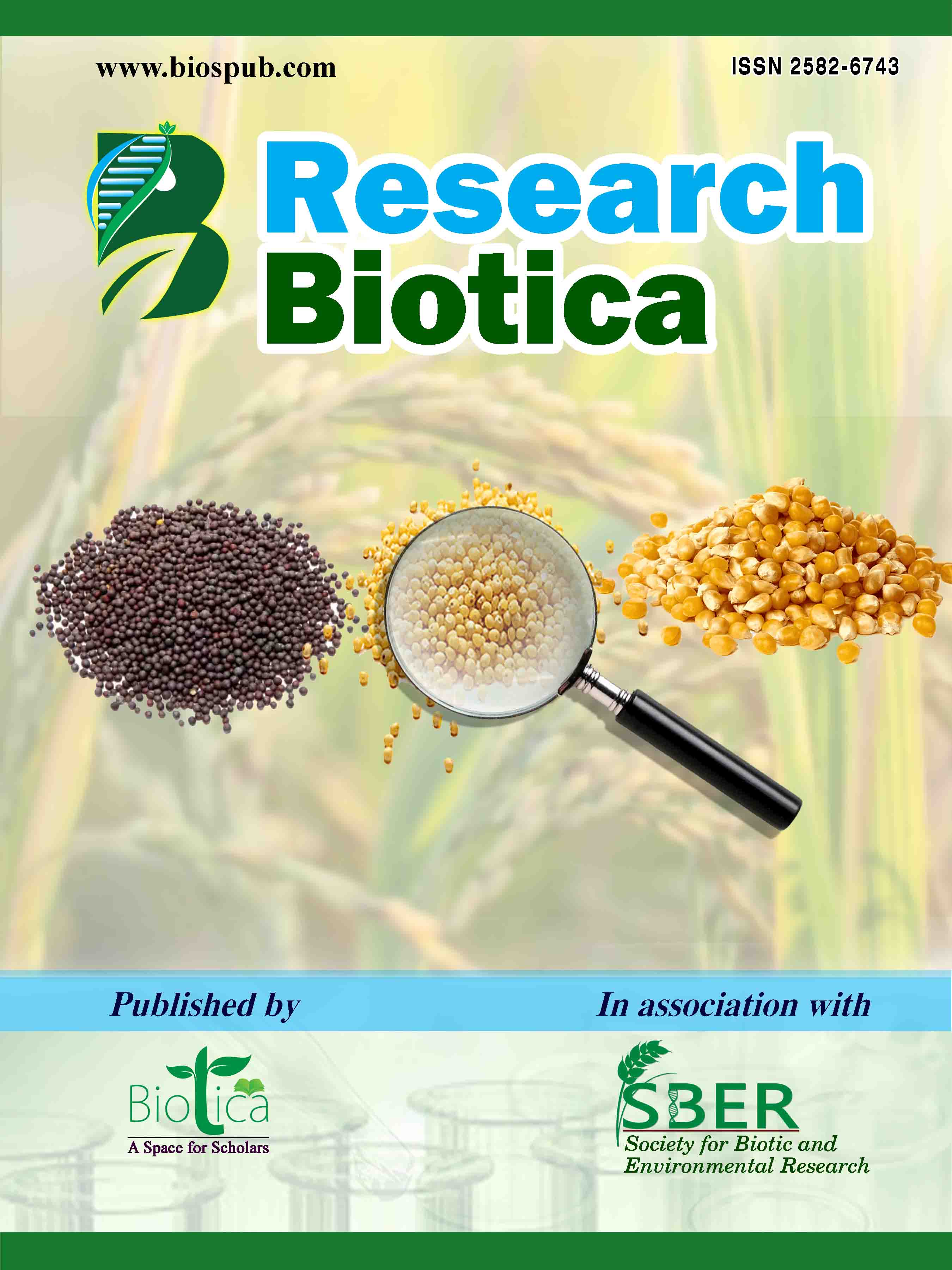Significance of Zinc in Plant Nutrition
Keywords:
Biofortification, Deficiency, Enrichment, ZincAbstract
Zinc is plant micronutrient which is involved in many physiological functions its inadequate supply will reduce crop yields. Zinc deficiency is the most wide spread micronutrient deficiency problem, almost all crops and calcareous, sandy soils, peat soils, and soils with high phosphorus and silicon are expected to be deficient. Zinc deficiencies can affect plant by stunting its growth, decreasing number of tillers, chlorosis and smaller leaves, increasing crop maturity period, spikelet sterility and inferior quality of harvested products. Beside its role in crop production Zn plays a part in the basic roles of cellular functions in all living organisms and is involved in improving the human immune system, due to its insufficient intake, human body will suffer from hair and memory loss, skin problems and weakness in body muscles.









 |
|